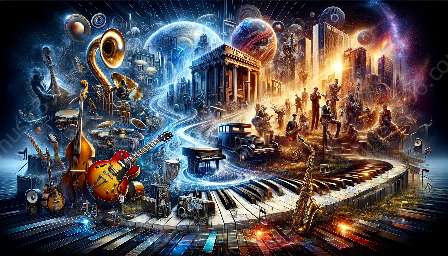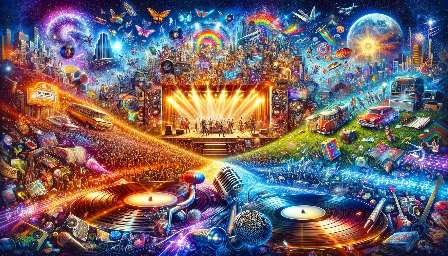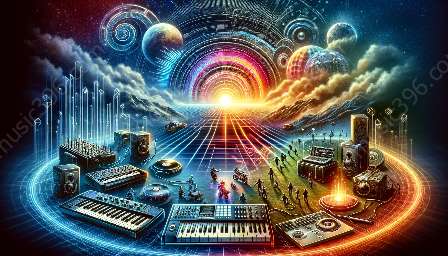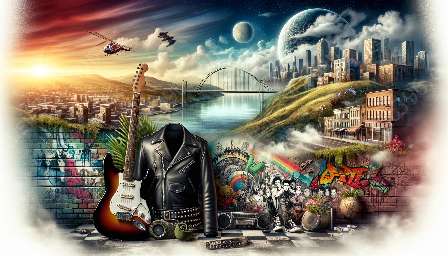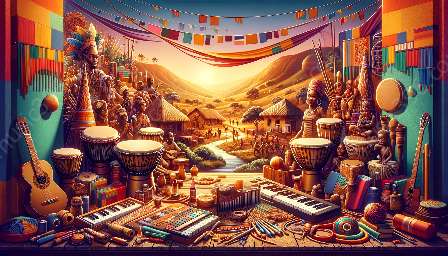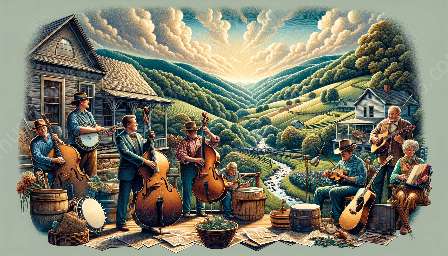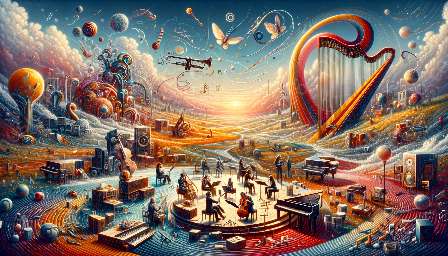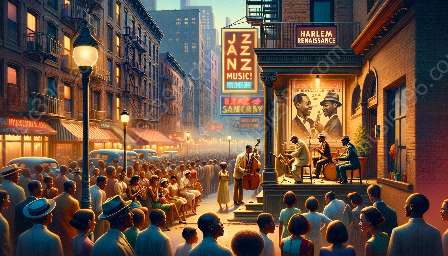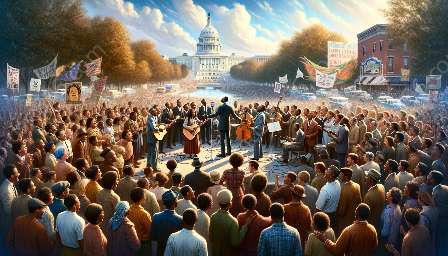Disco music played a pivotal role in the emergence of DJ culture and the art of remixing, shaping the trajectory of music history. To fully understand this contribution, it is essential to explore the history of disco music and its impact on the broader music landscape.
The History of Disco Music
Disco music originated in the early 1970s, gaining widespread popularity in urban nightlife scenes. It was characterized by its infectious rhythms, lush orchestrations, and catchy melodies, creating a vibrant and danceable sound.
Disco was not merely a genre of music; it represented a social and cultural movement. It provided an inclusive space for marginalized communities, particularly the LGBTQ+ and African American populations, to express themselves freely and celebrate their identities.
The disco era was marked by extravagant fashion, elaborate dance clubs, and a sense of liberation. The pulsating beats and electrifying energy of disco transcended barriers, fostering a sense of unity and euphoria among its listeners.
The Rise of DJ Culture
The rise of disco music significantly contributed to the emergence of DJ culture. DJs, previously known as record spinners, became central figures in the nightlife scene, curating and mixing tracks to keep the dance floor alive.
As the demand for disco music grew, DJs took on the role of tastemakers, introducing audiences to new and innovative sounds. Their ability to seamlessly transition between songs and create continuous grooves propelled them into the spotlight, garnering a cult-like following.
Through their skillful selection and blending of tracks, DJs became influencers, shaping musical trends and setting the stage for the evolution of remixing and electronic dance music (EDM).
The Art of Remixing
Disco music laid the groundwork for the art of remixing, revolutionizing the way music was experienced and interpreted. The remixing process involved reimagining existing tracks, extending their playtime, and infusing them with new layers of instrumentation and beats.
By reworking disco hits, artists and DJs transformed familiar tunes into innovative, reinvigorated compositions. The remixing culture not only breathed new life into beloved songs but also provided a platform for creative experimentation and sonic exploration.
Remixing became a form of artistic expression, allowing musicians and DJs to leave their imprint on popular music while engaging audiences in a dynamic and immersive auditory experience.
Impact on Music History
The influence of disco music on DJ culture and remixing reverberates through the annals of music history. It sparked a paradigm shift, redefining the role of DJs as musical architects and instigators of sonic metamorphosis.
Furthermore, the advent of disco and its subsequent impact paved the way for electronic dance music genres, such as house, techno, and trance, which continue to shape contemporary music landscapes.
Disco's legacy endures in the DJ sets, remixes, and dance tracks that populate clubs and music festivals worldwide, showcasing the enduring power and resilience of its influence.
In Conclusion
Disco music's contribution to the rise of DJ culture and the art of remixing cannot be overstated. Its vibrant rhythms, inclusive spirit, and capacity for reinvention have left an indelible mark on the evolution of music, serving as a catalyst for innovation and creative exploration.






